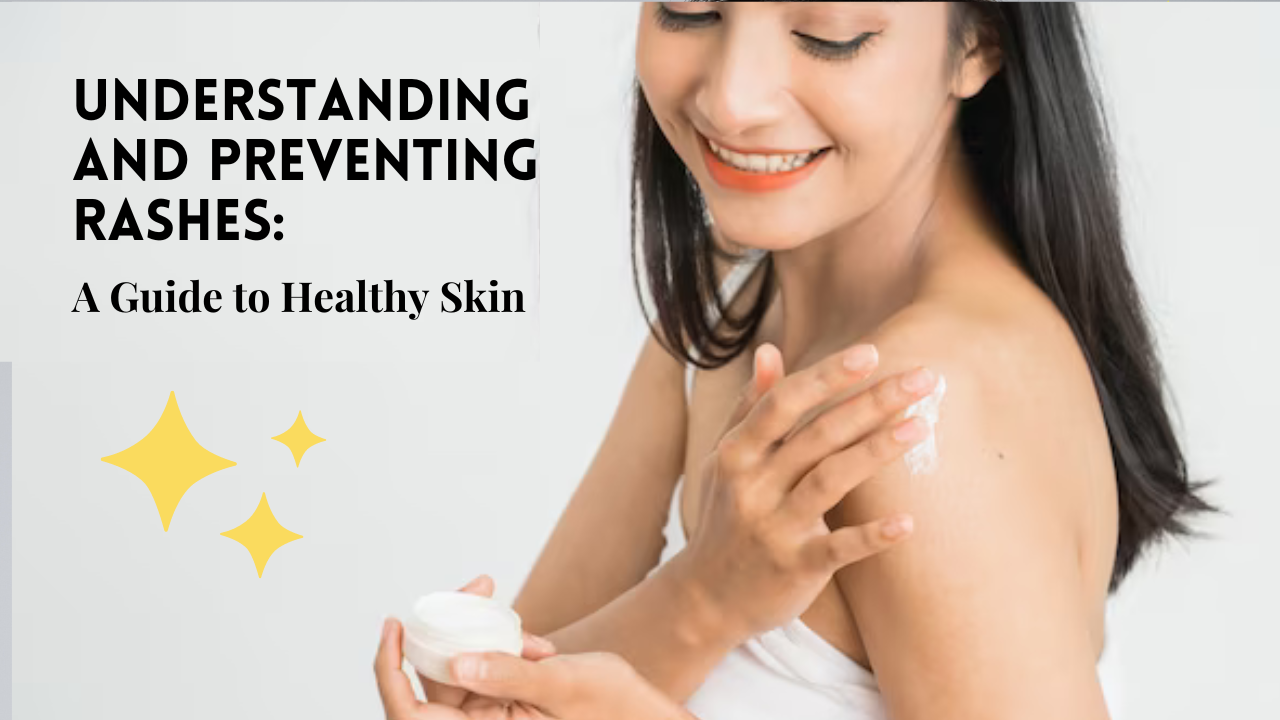Rashes: Understanding Causes, Prevention, and Treatment
Rashes are a common skin concern, appearing as red, inflamed, and bumpy patches that can be itchy or painful. While unsettling, many rashes are harmless and resolve on their own or with simple home remedies. Understanding the causes and taking preventive measures can significantly reduce your chances of experiencing them.
Causes of Rashes:
- Dermatitis: This inflammation can be caused by irritants (soaps, detergents) or allergens (poison ivy, latex).
- Infections: Bacteria, viruses, or fungi can invade the skin, causing rashes like shingles or athlete’s foot.
- Skin Conditions: Eczema, psoriasis, and rosacea are underlying conditions that manifest as rashes.
- Medications: Certain drugs can trigger allergic reactions, leading to rashes.
How to Prevent Rashes:
- Gentle Skincare: Use fragrance-free, gentle cleansers and moisturizers to avoid irritating your skin.
- Identify and Avoid Triggers: Pay attention to anything that triggers a reaction on your skin, like fabrics, jewelry, or cleaning products, and avoid them.
- Sun Protection: Wear sunscreen with SPF 30 or higher and reapply frequently to prevent sunburns.
- Reduce Allergen Exposure: If you have allergies, minimize exposure to dust mites, pet dander, or pollen.
- Moisturize Regularly: Keep your skin hydrated by drinking plenty of water and using a moisturizer, especially during dry seasons.
- Careful Shaving: Use shaving cream, a sharp razor, and shave in the direction of hair growth to minimize irritation. Avoid harsh aftershaves.
- Manage Stress: Practice stress-reduction techniques like meditation or yoga, as stress can worsen skin conditions that manifest as rashes.
What to Do If You Get a Rash:
- Mild Rashes: For mild rashes, focus on soothing the itch and irritation with calamine lotion, cool showers, and loose clothing.
- Seek Medical Help: If the rash worsens, becomes painful, or spreads, consult a doctor for diagnosis and treatment.
Remember, this article provides a general overview. If you experience a rash, it’s crucial to consult a healthcare professional for proper diagnosis and personalized treatment.
